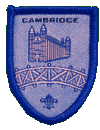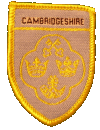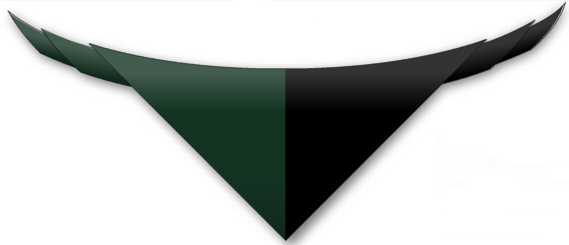|
Equipment for campThis page will slowly accumulate hints and tips on what to look for in equipment that you may need on camp, and information on good places to buy them, discounts available and so on. You can get most of the items from the Scout Shop. Scouts get a 10% discount at Milletts and Blacks and may get a discount at other outdoor suppliers - it is always worth mentioning that you're a scout. We also have an on-line store, arranged via the trusted on-line retailer Amazon (for which the group gets a small finder's fee out of Amazon's profits). Sleeping BagThe sleeping bag needs to be warm enough. They typically come in two, three or four seasons: two seasons (like the one in our online shop) are fine for a summer camp but too cold overnight on a windswept peak on the Penines, four seasons will keep you warm up there but you'll get too hot on summer camp. Ideally get one that stuffs down small into a stuffsack; sleeping bags can take up over half of a rucksack. Roll-matA roll mat's job is to thermally insulate you from the ground. The ground is typically only 6-8°C and will quickly cool you down through your sleepingbag. The second job they do is to smooth out the bumps so you get a better night's sleep. The scout shop is a good place to buy this but any outdoor shop will have one - mention you're a scout for a discount in most stores, or check out our online shop. GroundsheetGroundsheets are a large flexible plastic sheet that you can lay out inside the tent. Typically the tent will have it's own groundsheet; having your own means you can keep your area free of everyone else's mud and it can come in useful to waterproof your rucksack contents. They are usually suprisingly cheap. RucksackRucksacks have come a long way in the last 30 years. They are light, solid and well designed and sometimes even waterproof. Look for one with a light frame if you are going on an expedition. If you are going to be at one site for the whole camp a soft one is fine or you could use a hold-all instead (suitcases don't work well at camp). Rucksack linerThis is just a clean heavy duty plastic bag. You can buy special ones (ask if they'll throw one in when you're buying a rucksack). Having one means that your dry clothes stay dry either because you keep your dry stuff in it whilst hiking in the rain or because you put your dirty soggy stuff in it when you're done so it doesn't mess up your clean clothes. Suitable ClothesMake sure you think through what you might be doing on camp and take enough suitable clothes. Consider the weather may change: take warm clothes even if it looks like it'll be sunny, light clothes even if it looks like you'll freeze. Enough old clothes for activities when you're going to get wet or muddy means you don't have to put cold clammy clothes back on. Put names in clothes if you ever want to see them again. Suitable footwearYou may well need hiking boots with good ankle support, or you might need some trainers perhaps for a climbing wall. You might need old trainers or Crocs if you're raft building. School shoes will get muddy and scuffed on camp. TorchIt may be worth buying a head-torch for camp. These are torches that strap to your forehead so that they light up where you are looking automatically. This makes life so much simpler when you're carrying your washkit and towel to the shower block in the dark. A torch that has batteries larger than the AA or AAA penlight sized ones can get too heavy to lug about. Some people take a second lantern torch for the tent. Don't forget spare batteries as at least half of the torches at camp will get left on all night the first night and be flat by the morning, unless you have one of those great wind-up torches on our on-line shop. PenknifeScouts may bring a penknife to camp but only if their parents give them their explicit permission to do so. Cubs and Beavers may not. You will cut yourself if you bring one, so perhaps it's worth bringing a personal first aid kit as well Cuddly ToyThis applies to Cubs and Beavers only. To make it fair for everyone, it is a requirement that all Cubs and Beavers must bring a cuddly toy. A tin or box for foodIf you take any sweets, cakes, biscuits or other food to camp you must keep it in a solid box. Ants, squirrels, badgers, dogs and even deer will find food that is only in a plastic bag. Cutlery, plate, bowl, mugOften refered to as KFS, your knife, fork and spoon should ideally be metal as plastic just aren't up to more than one meal. Enamel plate, bowl and mug sets are best for longevity of service, but solid plastic ones are just as good and can keep food warm longer. All of this should ideally have your name scratched or painted with nail-polish on to it as they often spend quite some time unseen at the bottom of a washing up bowl An inventoryBe prepared: if you know what you took to camp when you come to pack up again you can make sure you have everything. A simple but highly effective measure that reduces your need to trawl in vain through lost property after you get home | ||||
 |
28th Cambridge Scout Troop | |||||
| Beavers | Cubs | Scouts | Explorers | Group | Diary | |




